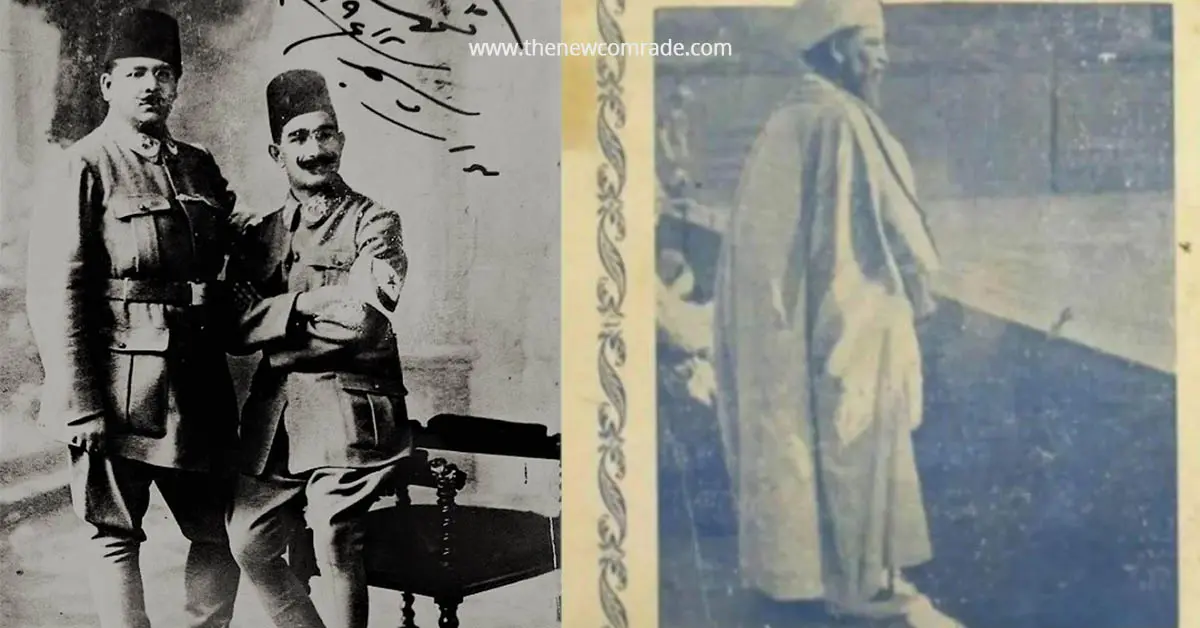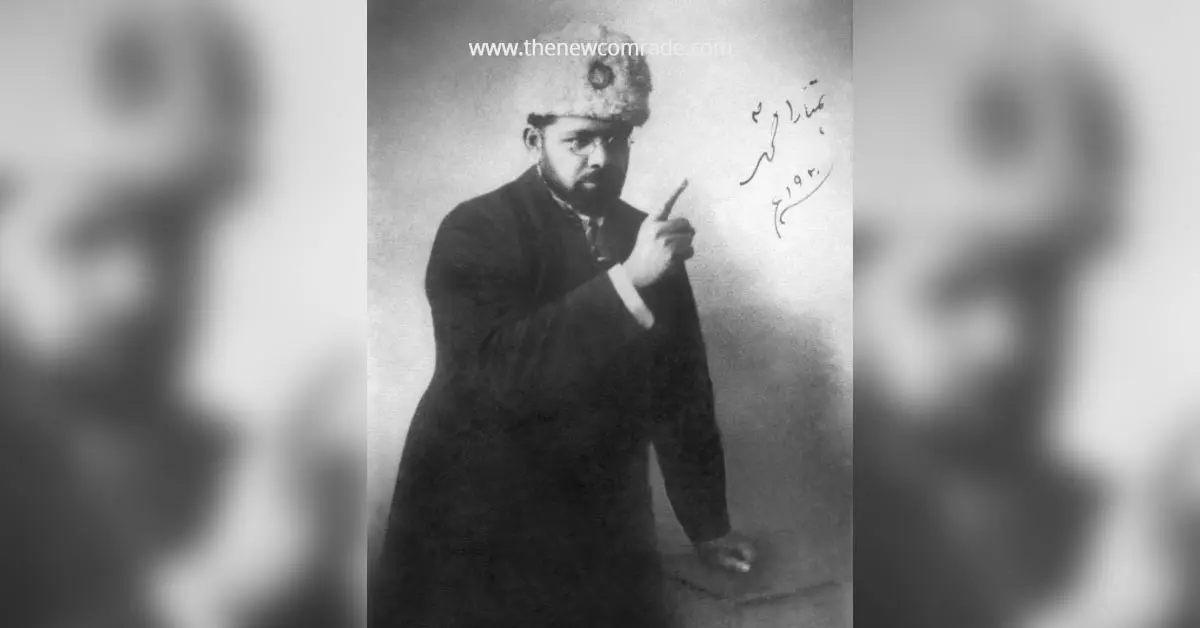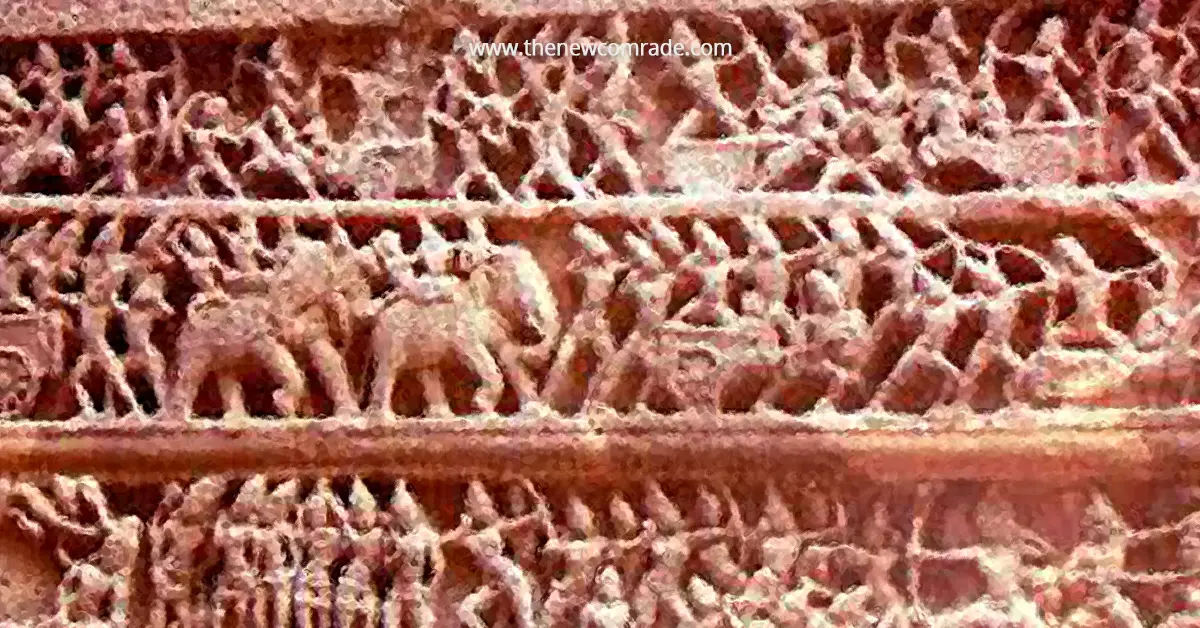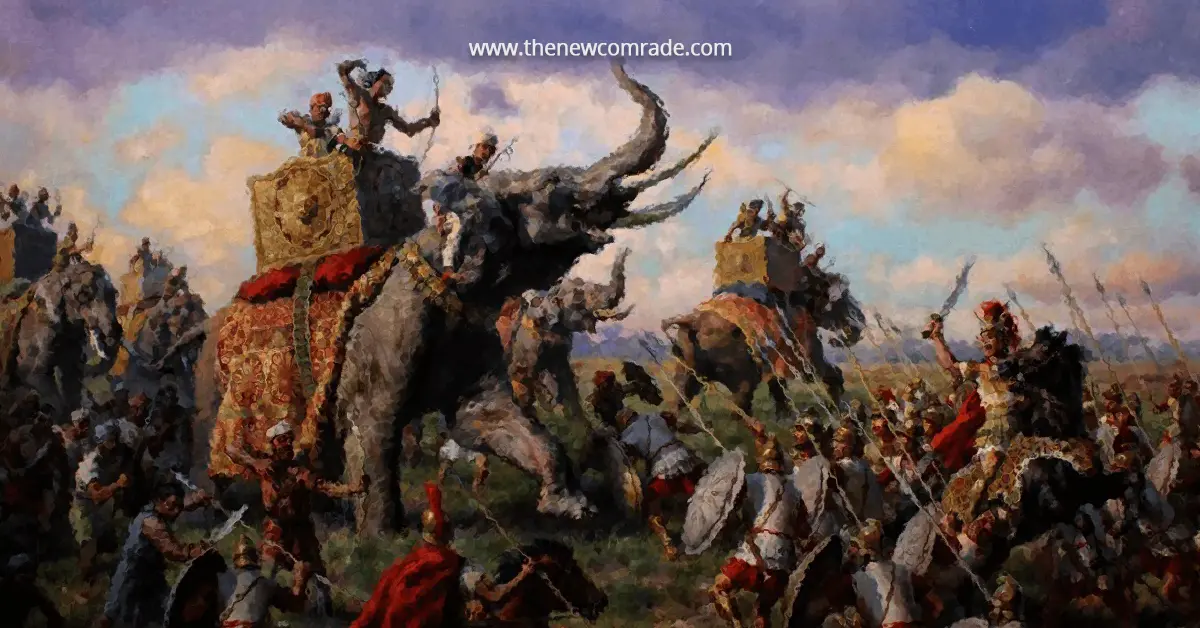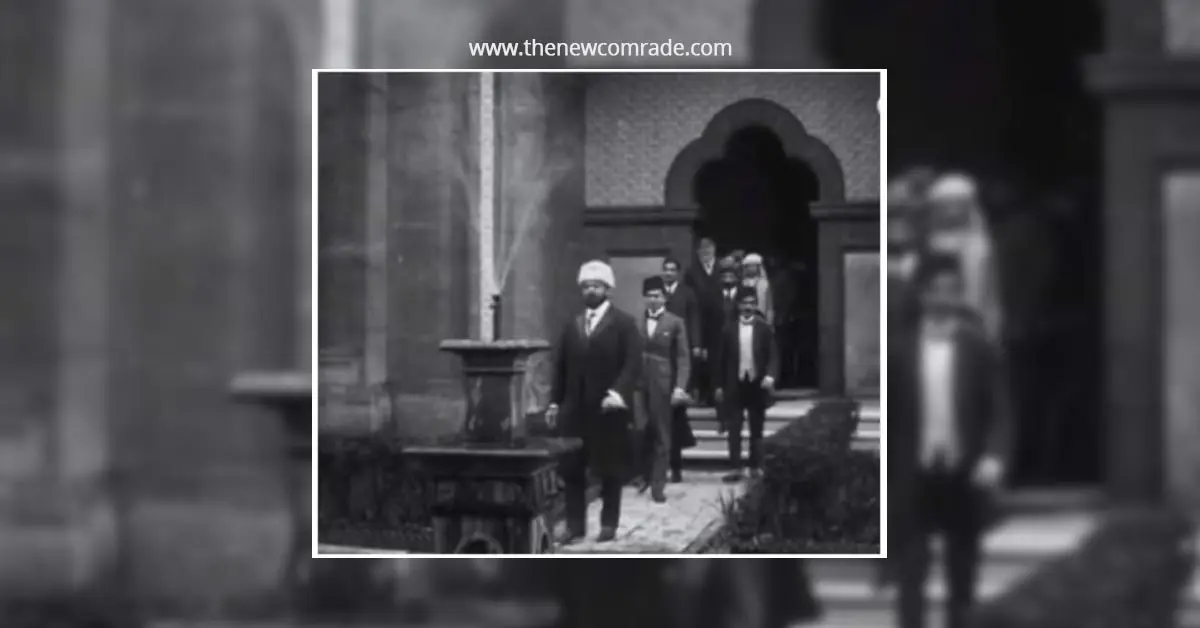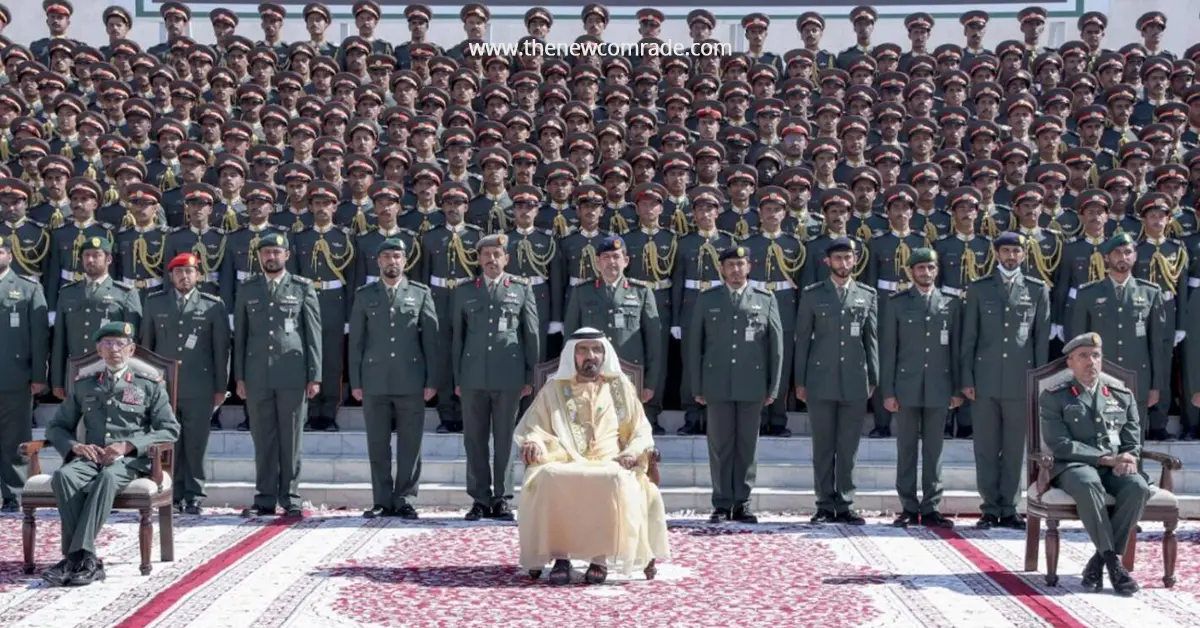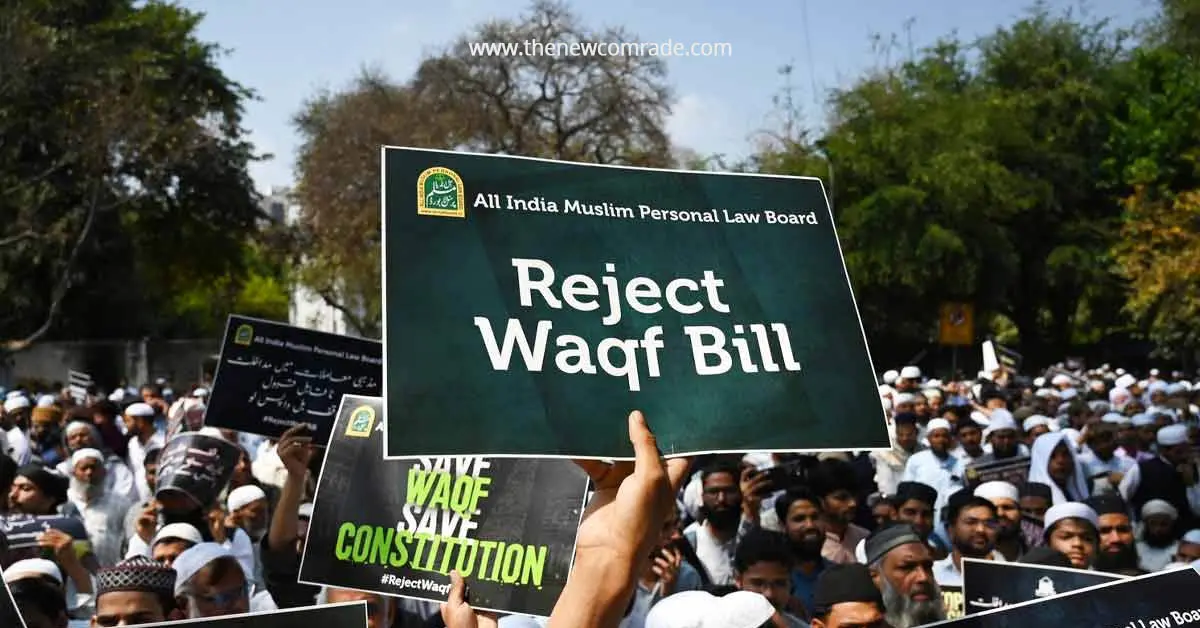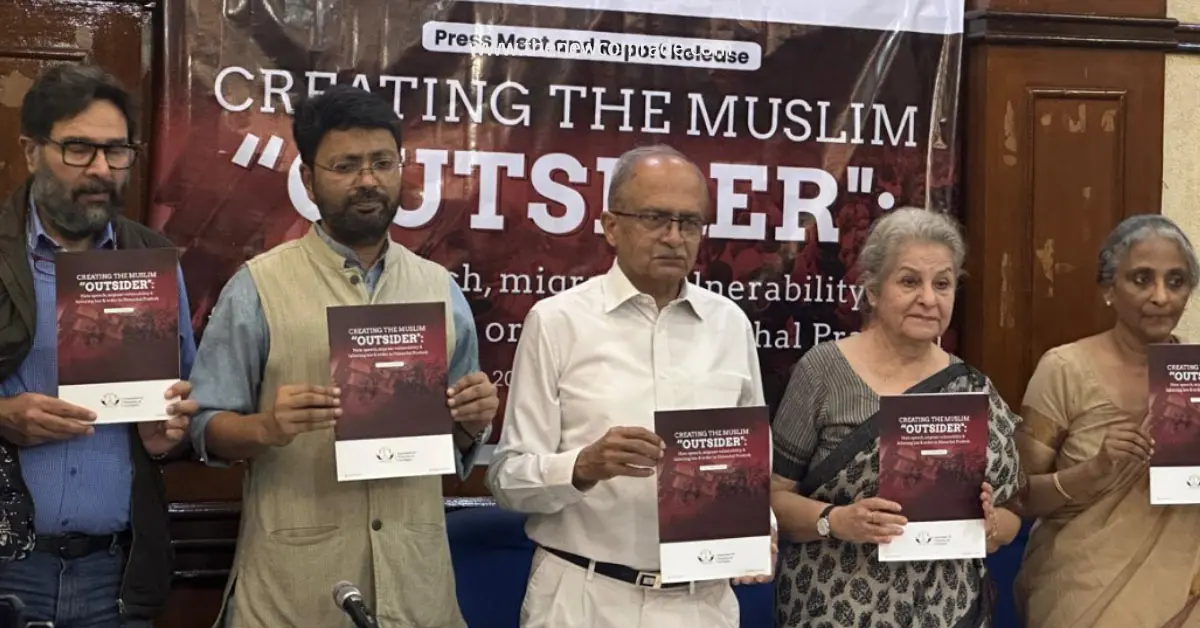Doctrine of loyalty is a certain, constant and unquestionable precept of Islam, linked with the fundamentals of faith. It is well-substantiated, explicitly and implicitly, from religious texts and practices. I shall suffice by furnishing a few instances here.
References from Qur’ān
Your allies are Allāh, His messenger and the believers- those who perform prayers and pay alms with humility. Those who ally with Allāh, His messenger and the believers (constitute) the party of Allāh- who shall surely be the dominant.
(5:55-56)
Ibn Jarīr al Tabari (d. 310 AH) states in the commentary of the above verse as follows: “Believers’ victory is drawn from Allāh, His messenger and the rightful believers- whose description is given in this verse. As for Jewry and Christendom, Allāh has instructed to discontinue alliances with them and forbidden to take them as allies or partners. They are mutual allies. Those who disassociated from alliances with Jewry, being content with alliance of Allāh, His messenger and the believers shall attain dominance and overpower those who were hostile and heavy-handed towards them. They are ‘Allāh’s party’ that is deserving of dominance.
Believers are mutual allies. They establish virtue and forbid vice, perform prayers, pay alms and obey Allāh and His messenger. Upon them is Allāh’s mercy. He is the epitome of pride and wisdom.
(9:71
Tabari comments on the above verse as follows: …believers in Allāh, His messenger and His revelations- their trait is mutual partnership, aid and assistance.
Believers are a fraternity. Thereby, reconcile mutually as brethren. Be observant of Allāh, to receive His mercy.
(49:10)
This verse has been revealed in the context of adopting stances in case of disputes and hostilities that may occur between entities of Muslims. It starts with the expression “Believers are a fraternity” indicating to the disgracefulness of fighting one another while fraternity of faith obliges them to be mutually bonded, compassionate, cooperative and assistive. It also indicates disgracefulness upon rest of the community to be doing nothing to reconcile between such entities. The expression “reconcile mutually as brethren” denotes mechanisms used within tribes upon such occurrences. This verse places intra-Muslim relationship, at least, equivalent to tribal or familial fraternity.
Regarding the opposite of this precept, I would mention the following verses:
Believers shall not take disbeliever entities as allies, in lieu of other believers. One who does that has no relation with Allāh; exception being those who are forced to do so for their safety. Allāh warns you of Himself- to Him is your destiny.
(3:28)
Tabari states in the commentary of this verse as follows: Muslims are forbidden from taking disbeliever entities as supporters and partners, allying with them in their interests, supporting them against other Muslims and guiding them through the weaknesses of Muslims. One who does so has undone all positive ties with Allāh. Such ones have apostatised and turned to disbelief. As for those Muslims who are at the mercy of such entities, they ought to suffice by superficially expressing loyalty to them while maintaining enmity to them at the core, eschew co-opting their strategy and eschew assisting them against other Muslims.
Believers… do not ally with Jewry and Christendom- they are mutual allies. Those who ally with them from your ranks, is one of them. Allāh does not guide unjust people.
(5:51)
Tabari comments on this verse as follows: Allāh has forbidden Muslims from allying and partnering with Jewry and Christendom over other Muslims. He informs them that, who does so becomes one of them, in terms of grouping against Allāh, His messengers and Muslims. Allāh disavows them. He informs that:
Jewry consists of entities in mutual partnership against Muslims and the same holds true for Christendom. As such Muslims are being informed that allying with them, in part or whole deems them to be pitted against their own community and faith. As such, Allāh is instructing believers to be united in face of those opposing the community. Those who join them become one of them- irrespective of personal faith and community affiliation claims. They would be severed off the community. They have implicitly expressed their contentment over the doctrine of enemies and have come to share common interests. Hence they are considered likewise.
Reference from Prophetic traditions (Sunnah)
Believers are like a single body in terms of mutual affinity, compassion and solidarity. Affliction of an organ alerts all other organs of the body with sleeplessness and fever.
(Bukhari- 6011; Muslim- 2586
Believers are like a building – each part strengthens one another.
(Bukhari- 2466; Muslim-2585
Muslims are brothers- they do not do injustice or betray one another.
Bukhari- 2442, 6951; Muslim- 2580
Believers are like a single body in terms of mutual affinity, compassion and solidarity. Affliction of an organ alerts all other organs of the body with sleeplessness and fever.
Bukhari- 6011; Muslim- 2586
None enters paradise until they believe; none believes until they develop mutual affinity.
Muslim- 54
As for the opposite of this precept, let me mention the following Ahādīth.
I accept your pledge of allegiance on the terms of worshipping Allāh and associating no partners to Him, perform prayers, pay alms, advice Muslims and part from polytheists- or in another narration, disassociate from disbelievers.
said to Jarīr bin Abdullah al Bajali (RA); Ahmad-19153, 19162, 19163, 19165, 19182, 19219, 19233, 19238; Nasā’i- 7/147-148: 4175, 4176, 4177
Declare submission to Allāh and give in to it, perform prayers and pay alms. All Muslims are sacred to one another and brothers in partnership. Allāh does not accept from a polytheist who declares Islam, until he parts with the polytheists and joins Muslims.
Ahmad- 20037, 20043; Nasā’i- 2436, 2568; ibn Mājah: 234, 2536; Hākim: 4/600
Strongest link of faith is to love for Allāh and hate for Allāh.
Ahmad-1854
Do not “cohabit and copulate” polytheists; one who does so is considered like one of them.
(Bazzār- 4569, 4570; Hākim: 2/141-142; Abu Na’īm- 1/123; Abu Dawūd-2780; Tabarāni- 7023, 7024). “Cohabit and copulate”: a metaphorical expression in political sense. Prophet PBUH had extended such demarcators to different areas of social life.
Differ from polytheists – keep beards and lighten moustaches.
Bukhari- 5892; Muslim- 259
Jews and Christians do not dye – so you may dye.
Bukhari – 3462 ; Muslim – 2103
Difference of our fasts and those of others is having pre-dawn food.
Muslim – 1096
References from consensus (Ijmā)
With all the aforementioned explicit references from basic religious texts, we would not require quotes in this context from religious scholars.
In spite of this, let me quote ibn Hazm (d. 456 AH) from his “Al-Muhalla”- “…the Qur’ānic verse 5:51 is to be taken in its explicit sense- that such ones be considered disbelievers and part of disbelievers’ bloc. This is truth. There is no difference of opinion among Muslims in this matter…”
As such, there remains no room for a difference of opinion in this matter, especially considering their supplication in each unit of their daily prayers- “guide us the straight path. Path of those whom you have blessed. Not that of those whom you are angry upon or those who are astray.” (1:5-7).
This is an earnest and hearty beseeching of Allāh, which He teaches in the very first chapter of His book – in order to serve as a basis of faith, without which it does not stand and leaving no room for scepticisms.
(Excerpted from author’s book viz. al Walā’ wa ‘l Barā’ bayn al ghuluw wa ‘l jafā)


